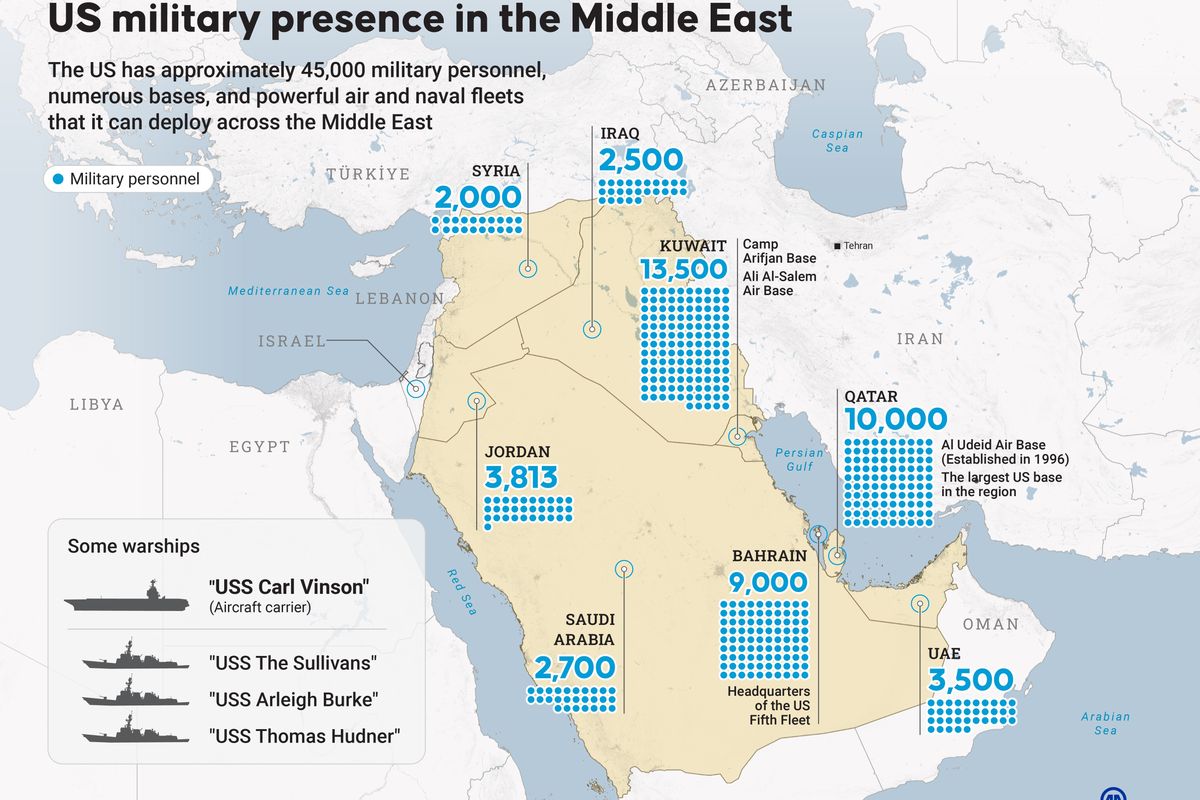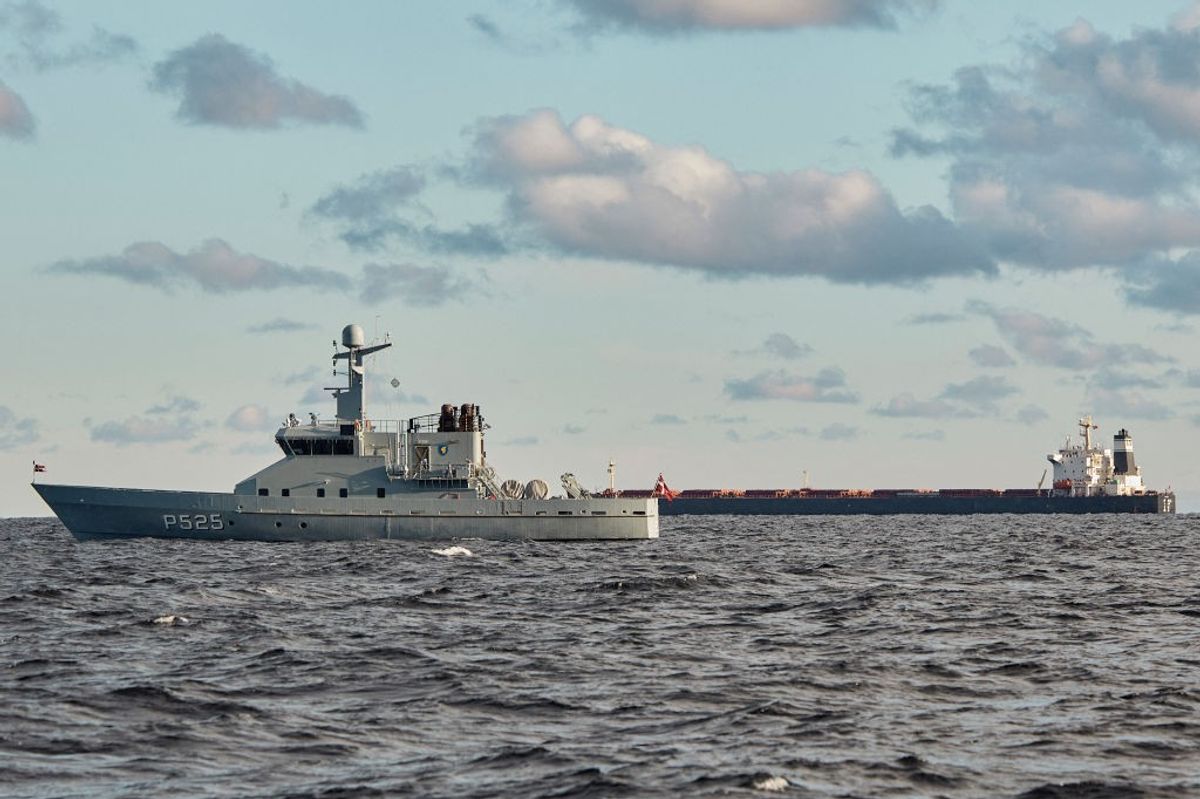OPINION — David Petraeus and Andrew Roberts are getting lots of attention for their outstanding new book, Conflict: The Evolution of Warfare from 1945 to Ukraine. And rightly so. The book is excellent. It covers a remarkable amount of ground in examining many wars around the world over the last eighty years. In doing so, it gets beyond the tactics and technologies of war to place various conflicts in their proper historical and strategic context. It is also very well written. And it benefits enormously from the teamwork of a lifelong historian and writer, Andrew Roberts, with a lifelong soldier (and part-time, passionate student of history along the way), General David Petraeus.
The sweep of the book is extremely impressive, too—covering armed struggles like the Chinese civil war, Falklands/Malvinas war of 1982, Iran-Iraq war of the 1980s, and various Cold War struggles and interventions from Central America and the Caribbean to the broader Middle East and beyond. Somehow, despite the fast-moving text, the treatment of all these cases is never disorienting or tiring for the reader; the authors provide just enough context that the narrative is easy to follow, and they make specific enough observations about the importance of each conflict for the evolution of warfare that they successfully avoid the temptation to try to tell us everything about each saga. Again, it is a very readable 500-page book.
Clearly, the deep historical knowledge of Roberts was a huge resource for the authorship team to draw upon. But so was that of David Petraeus, whom I first met when he was completing his Ph.D. dissertation at Princeton University in the mid-1980s on the Vietnam War, and who over the years, personally taught me about great historical figures like Ulysses S. Grant given his fascination with military history from multiple eras. (I also traveled to Ukraine this past September with General Petraeus and The Cipher Brief. The book includes the war in Ukraine.)
With apologies to my new friend Andrew Roberts, whom along with Petraeus I interviewed about the book in October at the New York Historical Society, I would like to focus on the part of the book that Petraeus primarily authored. Together, the authors made the wise decision to let the chief architect of the surge in Iraq, and former commander as well of the NATO mission in Afghanistan, tell the stories of those two conflicts in the first person. What this means is that, in many ways, roughly 100 pages of this book is the closest thing to a Petraeus memoir as the world has seen to date, and as it may ever see. That makes the book a special treasure for yet another reason.
On Iraq, what Petraeus achieved—with key teammates like Ambassador Ryan Crocker and Joint Special Operations Commander General Stanley McChrystal and deputy commanders Ray Odierno and Lloyd Austin, as well as key figures in the intelligence community and so many others—must surely go down as one of the greatest military comebacks in U.S. history. That successful result was far from preordained and in fact it seemed unlikely, to me at least, when President Bush announced the surge of forces in early 2007.
It's not just for the President anymore. Cipher Brief Subscriber+Members have access to their own Open Source Daily Brief, keeping you up to date on global events impacting national security. It pays to be a Subscriber+Member.
Petraeus explains many concepts about the Iraq surge with a clarity and a cohesiveness that have rarely been rivaled in the war’s historiography to date—and that have never included such a detailed first-person account from the mission commander. A few things stand out for me: the importance of the “surge of ideas” to go along with the surge of forces, the dogged efforts undertaken by U.S. as well as Iraqi leaders to reform the Iraqi security forces so that they could be real teammates, the challenge of dealing with an American political scene that had lost patience in the war, the difficulties in finding solid support even at the Pentagon, the central importance to the mission of protecting the Iraqi population (even at great risk to American and coalition troops) yet also the central importance of rooting out terrorists and sectarian extremists from Fallujah and Ramadi to the Baghdad Belts to the Triangle of Death to Sadr City and Basra and beyond.
Petraeus’s voice is clear and crisp, and his confidence in what the coalition was attempting to do is palpable, throughout these pages. Yet he always rightly shares credit with the men and women of the American military and diplomatic, intelligence, and AID agencies as well as the corresponding efforts of other coalition partners as well as many brave Iraqis.
Alas, the success of the surge proved fragile in subsequent years. One can almost hear the pain in Petraeus’s voice as he talks about the rise of ISIS in Iraq a few years later, just as one can feel his sadness at the loss of so many American troops and other dedicated public servants during the war. But even today, not all hope is lost. Without trying to weigh in too heavily on whether the war should have been fought in the first place, Petraeus concludes this chapter with at least some hope for the future of that troubled land of the two rivers.
Then there is Afghanistan, where Petraeus unexpectedly took overall mission command in the summer of 2010, a bit less than two years after his 18-month stint as Iraq surge commander. After overseeing the mission from Central Command, Petraeus then spent a pivotal year there during the short surge that President Obama had authorized. (Although short, the Afghanistan surge was actually larger than the Iraq surge in relative and absolute numbers—in Iraq, U.S. forces grew from some 135,000 to 170,000 total troops during the surge, whereas in Afghanistan the increase was from about 30,000 at the end of the Bush presidency to 100,000 American GIs.) Petraeus also followed Afghanistan closely in his final government job, as director of the CIA from the late summer of 2011 through the autumn of 2012.
The Afghanistan experience of course proved less successful than that in Iraq, and President Biden ended the American as well as the NATO presence there early in his presidency.
Cipher Brief Subscriber+Members enjoy unlimited access to Cipher Brief content, including analysis with experts, private virtual briefings with experts, the M-F Open Source Report and the weekly Dead Drop - an insider look at the latest gossip in the national security space. It pays to be a Subscriber+Member.
Petraeus makes it clear that, while the Afghanistan mission never went as well as it might have, he disagreed with that Biden decision to depart. He also disagreed with the calendar-based drawdown after the Afghanistan surge a decade earlier under President Obama. But Petraeus is not partisan; he is equally clear about his disagreements with many decisions of President Bush, especially in the early going in both Iraq and Afghanistan.
Yet the tone of these critiques is always civil and the purpose is always serious, not polemical or personal. Petraeus manages to be honest and straightforward in his disagreements, with those three presidents (and Donald Trump) as well as certain other military and political leaders over the course of the conflicts, without being unpleasant or unkind. He generally displays an empathy and an appreciation for the views of others even when clearly stating his contrasting positions on crucial issues of the day—and without leaving the reader with any sense that he thinks he somehow got everything right himself.
In short, the memoir aspect of the book is pitch perfect—it is honest, it tells the story straight, it conveys David Petraeus’s views on two very conflicts in American history in which he played such big roles, it is confident, yet it is also reflective and humble.
So, for these reasons alone, and these 100 pages alone, you’ll want the book. But you’ll be glad you bought it for many other reasons as well. Hearty congratulations to these amazing two gentlemen! Conflict is an intellectual tour de force.
The Cipher Brief participates in the Amazon Affiliate program and may make a small commission from purchases made via links.
Read more expert-driven national security insights, perspectives and analysis in The Cipher Brief.















